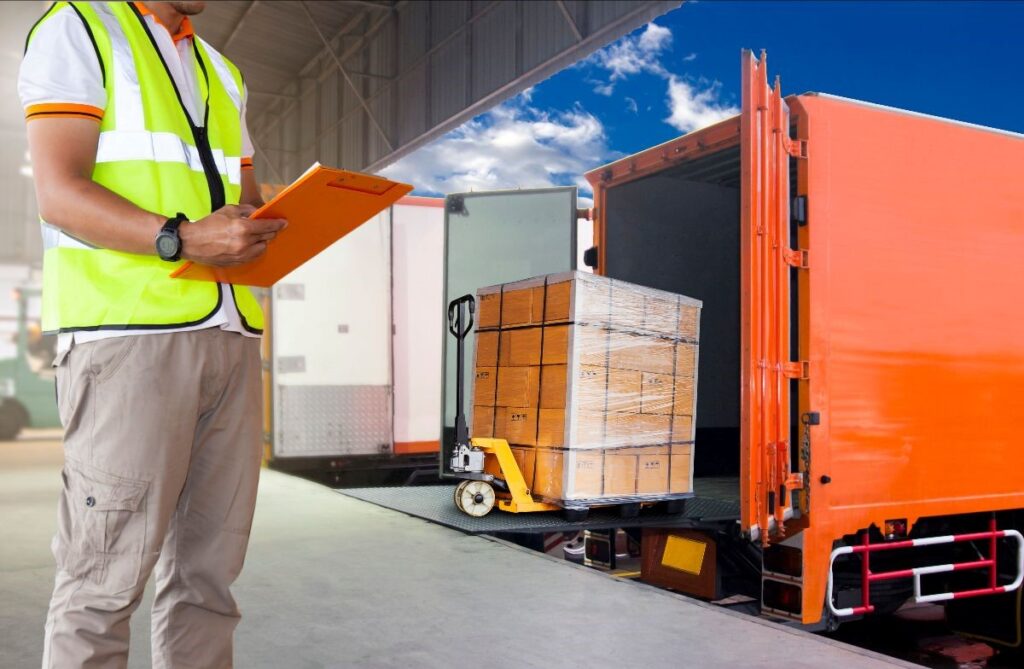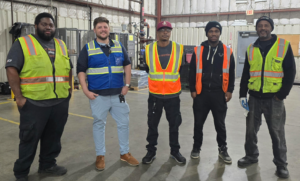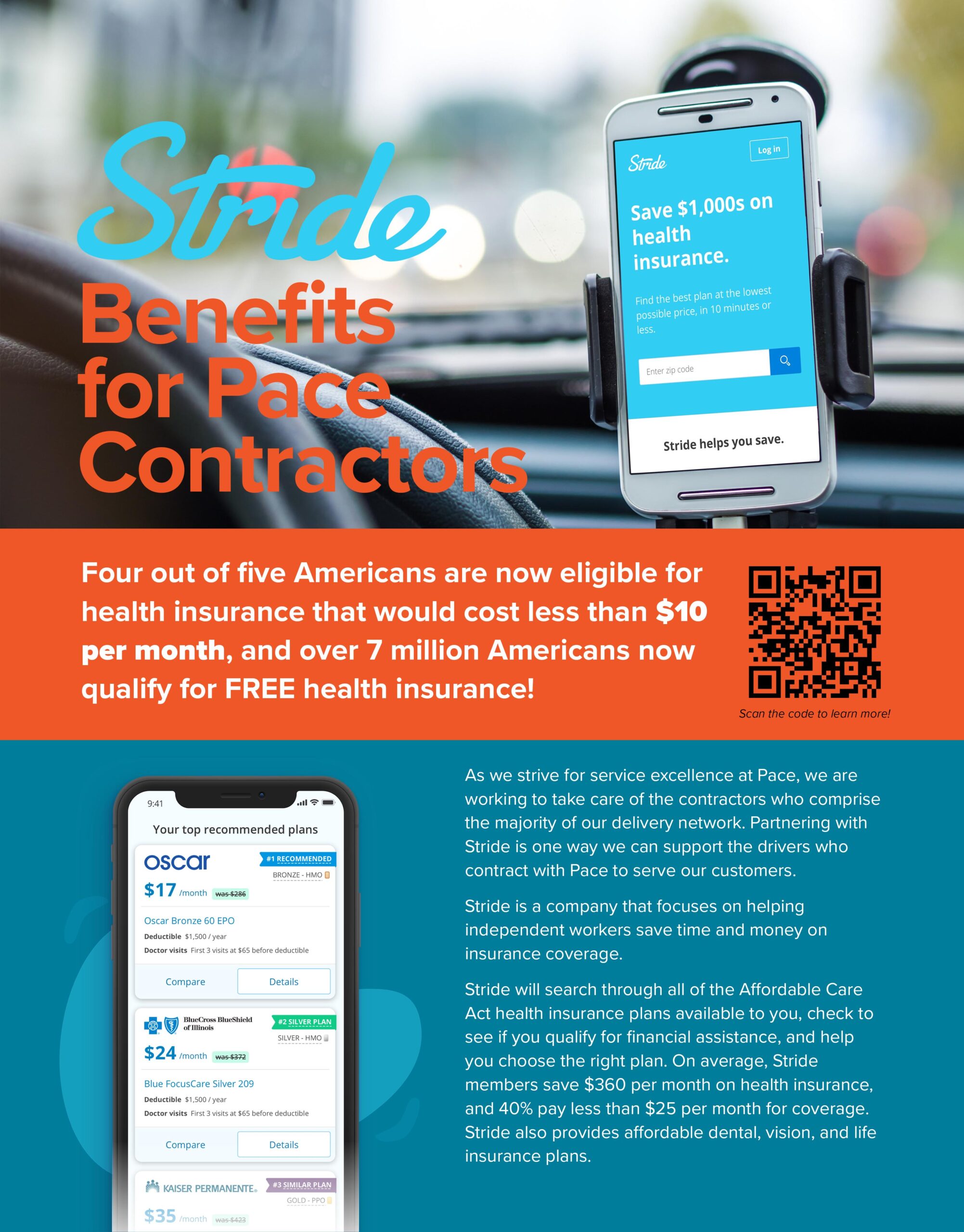
There’s no question that 2023 was a year of unpredictable business challenges on a global scale. Despite a strong US economy, there has been a widely publicized freight recession due to reduced demand, high interest rates, and consumer uncertainty.
Marty Freeman, president and CEO of LTL carrier Old Dominion Freight Line, recalls conversations with his team and customers this time last year, feeling some optimism that by mid-2023, the freight and logistics markets would be amid a rebound. That expected rebound has yet to materialize.
“Persistent inflation, the impact of some 11 interest rate hikes on the cost of capital and subsequent business investment, declining imports, and a massive inventory overhang from pre-pandemic ordering all conspired to flip that expectation on its head as 2023 wheezed to a close.” (DC Velocity, November 2023)
The parcel and freight industry has always understood the importance of building resilient and adaptable supply chains and delivery systems to keep operations running smoothly.
Technology
Companies in 2023 that invested in technology were, (and are), better equipped to handle the growing demands of e-commerce. This was especially true for Last Mile delivery carriers where efficiency and customer satisfaction were driven by factors, such as:
- Automation
- Route optimization
- Tracking
- Visibility
The total customer experience from selection to arrival and beyond, has become a key component of brand success or failure, and companies who can provide a seamless, transparent, and customer-centric delivery experience saw both increased loyalty and revenues.
Economy
There are few optimistic projections for 2024, with some calling for a flat freight market and others hoping for 5-6% growth. Third-party logistics providers (3PLs) experienced a 24% decline in revenues from $405.5 billion in 2022 to an estimated $308.3 billion in 2023. Expectations among shippers, carriers, and logistics service providers are generally for little to no recovery and a new year with many of the same challenges and issues of today.
Consulting firm McKinsey & Co. noted in their Supply Chain Survey that companies are more likely to diversify their supply chain networks in 2024, in an effort to shorten supply chains and reduce risk. These strategies include building up inventory and finding alternative sourcing for essential materials.
Reshoring
One of the most interesting trends is reshoring or bringing manufacturing back to the U.S. after so many years of offshoring almost every major manufacturing capability. “A recent combination of favorable government incentives, a narrowing of the wage gap between China and the U.S., a desire to have greater control over supply chains, and ongoing geopolitical tensions have created the conditions for reshoring to take hold.” (Nicole Connolly, Fidelity)
Efficiency
All carriers are concerned that freight rates will remain low in 2024 and are taking active steps to create more efficient networks and reduce operating costs while hoping for market conditions to improve. There are several freight tech start-ups motivated to improve industry efficiency and use technology to create new capabilities.
Logistics
Importantly the business of logistics is more widely known and talked about than ever, which in turn is attracting new talent to the industry. This is essential for the future of the logistics profession, because despite the many current and predicted advances in automation, management by people will always be at the core of the business.
“So, what does the future hold? We will see new technologies emerge, market dynamics shift, and businesses adapt to changing consumer expectations and global challenges. Successful companies in the logistics sector will be those that remain agile, innovative, and responsive to these dynamic trends and developments.
Great opportunities and great successes are in the future of the logistics industry. As we look back in a decade to the stories of the hardships of 2023 and 2024, we will realize that it was a pivotal time that catapulted us into the success and future of the entire logistics industry.” (Bart De Muynck, Freightwaves)











